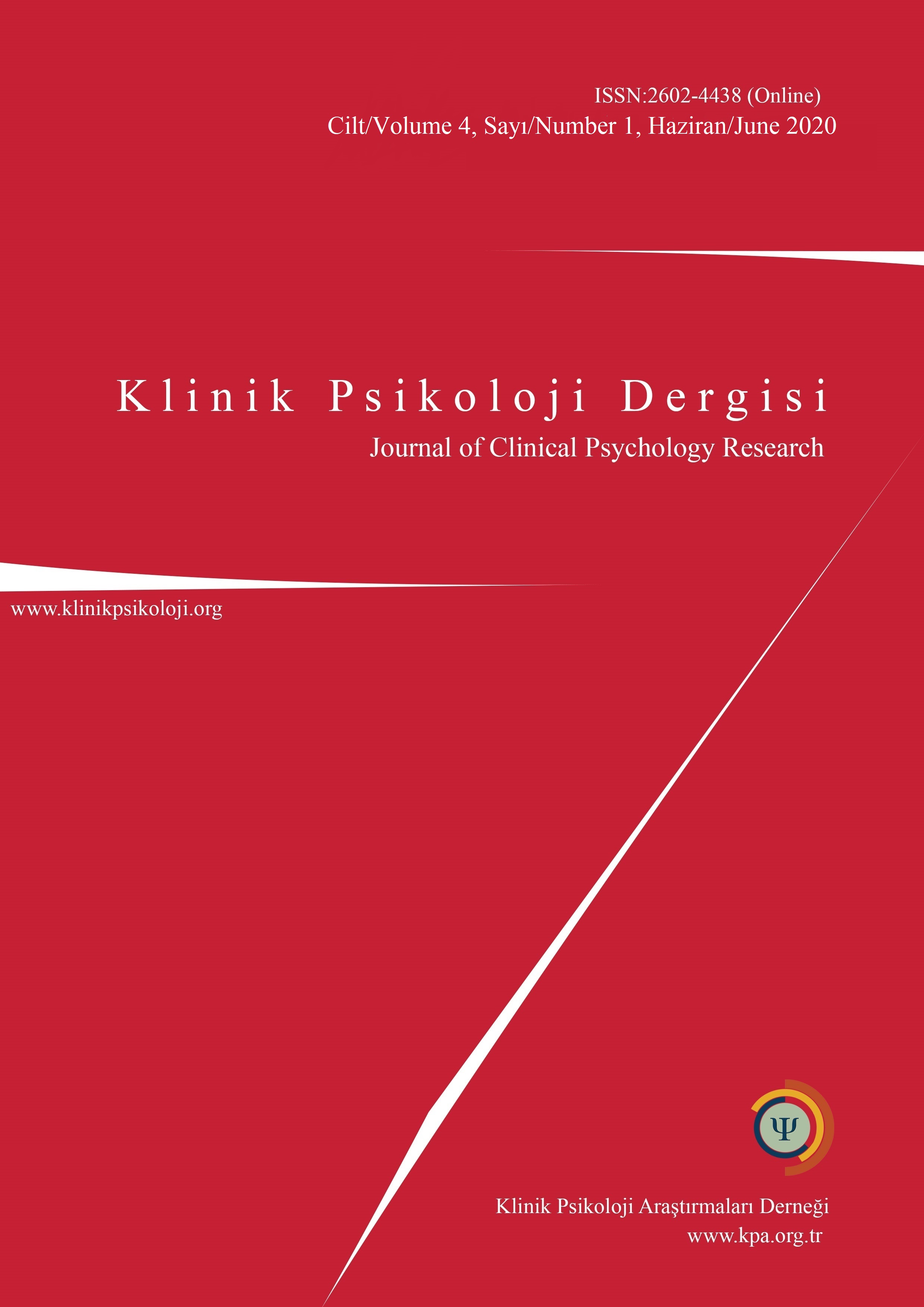Do childhood trauma and attachment dimensions predict psychotic-like experiences in a non-clinical sample?
Do childhood trauma and attachment dimensions predict psychotic-like experiences in a non-clinical sample?
Author(s): Feyzan Ustamehmetoğlu, Oya Mortan SeviSubject(s): Psychology, Clinical psychology
Published by: Klinik Psikoloji Araştırmaları Derneği
Keywords: psychotic-like experiences; childhood trauma; attachment dimensions;
Summary/Abstract: Psychotic-like experiences (PLEs) are very common in the healthy population of society and can be seen without being clinically diagnosed. Many studies have emphasized the relationship between PLEs and childhood trauma or attachment dimensions. The purpose of this study was examining the relationship between five sub-dimensions of childhood trauma (emotional abuse, physical abuse, sexual abuse, emotional neglect, and physical neglect), two dimensions of attachment (model of self and others), and three sub-dimensions of PLEs (positive, negative, and depressive). The Community Assessment of Psychic Experiences (CAPE), Childhood Trauma Questionnaire (CTQ), and Relationship Questionnaire (RQ) were used as assessment tools. It was assumed that early childhood traumas and attachment dimensions would significantly predict PLEs. The sample was compromised of 412 participants between the ages of 17-65. The results of the study indicated that individuals who had high score on childhood trauma and low score on attachment dimensions (model of self and others) had high score on PLEs. Besides, high scores on emotional abuse and low scores on attachment dimensions (model of self and others) may explain high scores on psychotic-like experiences. The results were discussed in the light of previous research and future directions were proposed for subsequent studies.
Journal: Klinik Psikoloji Dergisi
- Issue Year: 4/2020
- Issue No: 1
- Page Range: 63-72
- Page Count: 10
- Language: English

